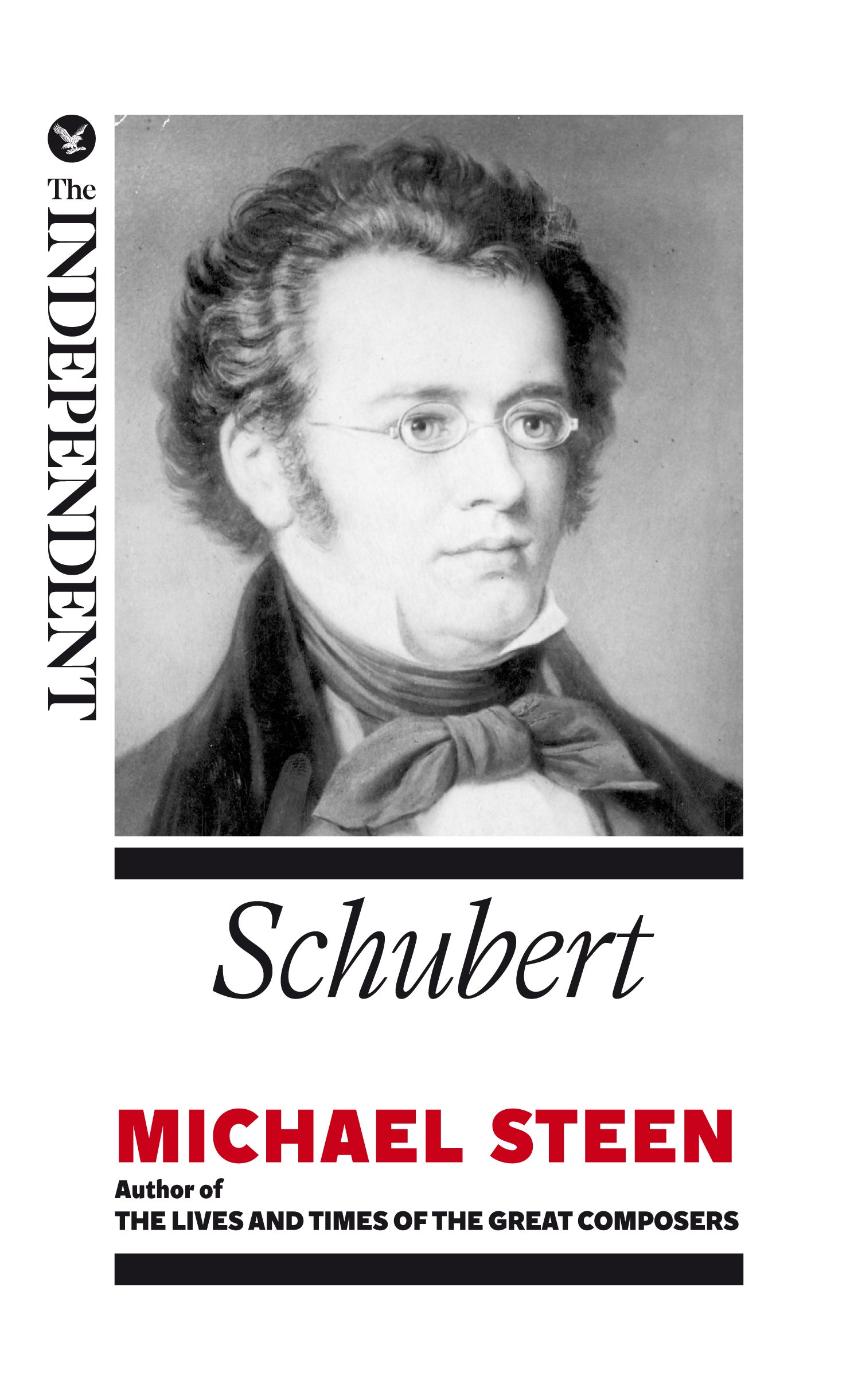Schubert
Part of The Independent’s new eBook series The Great Composers, covering fourteen of the giants of Western classical music

Your support helps us to tell the story
From reproductive rights to climate change to Big Tech, The Independent is on the ground when the story is developing. Whether it's investigating the financials of Elon Musk's pro-Trump PAC or producing our latest documentary, 'The A Word', which shines a light on the American women fighting for reproductive rights, we know how important it is to parse out the facts from the messaging.
At such a critical moment in US history, we need reporters on the ground. Your donation allows us to keep sending journalists to speak to both sides of the story.
The Independent is trusted by Americans across the entire political spectrum. And unlike many other quality news outlets, we choose not to lock Americans out of our reporting and analysis with paywalls. We believe quality journalism should be available to everyone, paid for by those who can afford it.
Your support makes all the difference.
Extracted from Michael Steen’s book The Lives and Times of the Great Composers, these concise guides, selected by The Independent’s editorial team, explore the lives of composers as diverse as Mozart and Puccini, reaching from Bach to Brahms, set against the social, historical and political forces which affected them, to give a rounded portrait of what it was like to be alive and working as a musician at that time..
In his short life of not quite 32 years – the briefest span of any first-rank composer – Schubert composed over 600 songs, showing a talent for word-setting which for many has never been equalled. However, while his songs gained gradual fame while he was alive, many of the works for which he is renowned were never performed in his lifetime, not even his Eighth Symphony, the Unfinished, or the Ninth Symphony, The Great C Major, which are so ubiquitous now. He was not lionised for the String Quintet in C, whose second movement Adagio remains one of the most requested pieces on Desert Island Discs. Nor did his exquisite quartets and piano music receive much recognition at the time.
Michael Steen evokes Schubert's youth as the son of an impoverished schoolteacher and his life among a boisterous, arty set of friends living it up in the dazzling gaiety of early 19th-century Vienna. Their evening gatherings for an intoxicating mix of politics, conversation and music became known as Schubertiads. At 25 Schubert contracted syphilis and was to suffer ill health for the rest of his life, falling into the depression that is so heart-rendingly expressed in some of his works. Schubert died only a year and a half after Beethoven, having been a torch-bearer at his funeral. Even so, he remained prodigiously productive and those last years bequeathed some of his finest works.
£0.99
Join our commenting forum
Join thought-provoking conversations, follow other Independent readers and see their replies
Comments